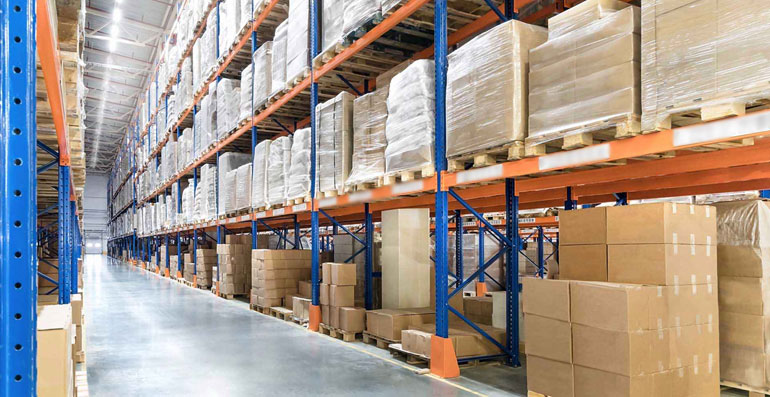
Lucknow, the capital city of Uttar Pradesh, is a thriving commercial center with a rapidly growing economy. As businesses expand and supply chains become more complex, the demand for reliable and efficient warehousing solutions has also increased significantly. This article serves as a comprehensive guide for those seeking information about warehouses in Lucknow, covering various aspects such as key locations, types of facilities, and factors to consider when choosing a provider.
Key Locations for Warehouses in Lucknow
The city offers a diverse range of locations for warehouses, catering to different needs and preferences. Here are some notable areas:
- Industrial Hubs: Transport Nagar, Kanpur Road, and Amausi are prominent industrial zones with well-developed infrastructure and easy access to major transportation arteries. Warehouses located here often cater to businesses dealing in bulk goods and large-scale logistics operations.
- Established Commercial Areas: Locations like Gomti Nagar, Hazratganj, and Mahanagar are popular for smaller-scale warehouses and storage facilities. These areas are strategically situated near major business districts and offer convenient access to the city center.
- Emerging Logistics Hubs: The outskirts of Lucknow, particularly areas like Bijnor Road and Sitapur Road, are witnessing the development of modern logistics parks. These offer state-of-the-art facilities and are ideal for businesses seeking modern warehousing solutions.
Types of Warehouses Available
The type of warehouse you choose depends on your specific needs and the nature of your business. Here are some common types available in Lucknow:
- Public Warehouses: These facilities offer storage space to various companies on a short-term or long-term basis. They are typically managed by independent operators and provide basic storage and handling services.
- Private Warehouses: These are owned and operated by individual companies for their own storage and distribution needs. They offer greater control and flexibility but require a significant investment in infrastructure and management.
- Contract Warehouses: Also known as third-party logistics (3PL) warehouses, these facilities are owned and operated by logistics companies. They offer a comprehensive range of storage, handling, and value-added services, allowing businesses to outsource their logistics needs.
Factors to Consider When Choosing a Warehouse in Lucknow
Selecting the right warehouse in Lucknow requires careful consideration of various factors. Here are some key aspects to keep in mind:
- Location: Accessibility to your target market, proximity to transportation networks, and availability of skilled labor are crucial factors.
- Storage Requirements: Consider the size, type, and volume of goods you need to store and choose a facility with sufficient capacity and appropriate storage infrastructure.
- Services Offered: Evaluate the specific services offered by the warehouse provider, such as inventory management, order fulfillment, packing, and labeling.
- Security Features: Ensure the warehouse has adequate security measures in place to protect your inventory, such as CCTV cameras, intrusion alarms, and access control systems.
- Cost: Compare pricing plans offered by different providers, considering factors like rent, utilities, and additional service charges.
Also Read: Thriving Hub of Industry and Logistics: Warehousing in Dhulagarh
Additional Considerations for Businesses
Here are some additional factors to consider when choosing a warehouse in Lucknow:
- Compliance with regulations: Ensure the facility complies with all relevant government regulations and industry standards related to storage, handling, and safety.
- Scalability: If your business is anticipated to grow in the future, choose a warehouse that can be easily scaled up to accommodate your expanding needs.
- Sustainability: Consider facilities that incorporate sustainable practices, such as energy-efficient lighting systems and waste management initiatives.
Conclusion:
Finding the right warehouse in Lucknow requires thorough research and careful consideration of your specific needs and business goals. By understanding the key locations, types of facilities available, and factors to consider, you can make an informed decision that optimizes your supply chain efficiency and supports your business growth.